
In a world that often glorifies instant gratification and quick wins, the power of patience is a virtue that is often overlooked, especially in the realm of gambling. This article explores the fascinating phenomenon of why some gamblers choose to quit early, delving into the emotional aspects of this decision. While the allure of big wins can be intoxicating, there are underlying reasons why some individuals decide to walk away from the betting table sooner rather than later.
The Rush of Immediate Gratification
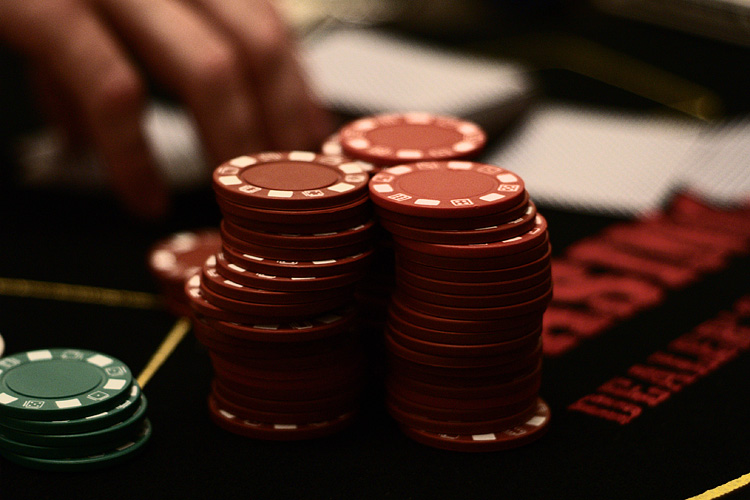
Many gamblers are drawn to the thrill of instant gratification. The idea of winning a large sum of money with just one spin of the roulette wheel or a single hand of poker is undeniably enticing. However, the constant chase for quick rewards can lead to impulsive decisions. Some gamblers may find themselves unable to resist the temptation of cashing out early when they experience a small win, foregoing the opportunity for more substantial gains.
Fear of Losing It All
The fear of losing what they have won is a powerful motivator for some gamblers to quit early. The emotional toll of a losing streak can be overwhelming, and in a desperate attempt to salvage what they have left, they decide to cash out sooner rather than risking further losses. This fear-driven decision highlights the emotional rollercoaster that gambling often becomes.
Emotional Instability
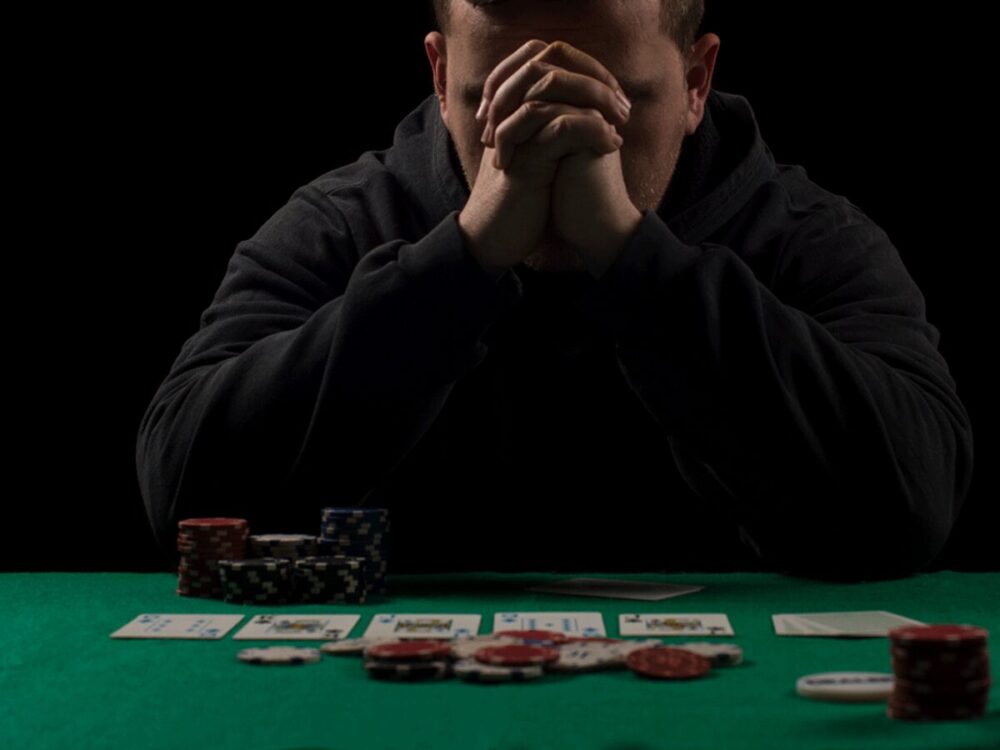
Emotions play a significant role in gambling, and not all gamblers can withstand the ups and downs that come with it. The excitement of a winning streak can quickly turn into the frustration of a losing streak, and this emotional instability can lead some individuals to cash out early to escape the emotional turmoil.
Financial Prudence
While gambling is often seen as a high-risk activity, many gamblers approach it with a sense of financial prudence. Some individuals set a budget and decide to quit once they reach their predetermined limit. This responsible approach to gambling demonstrates a strong sense of self-discipline and the importance of financial stability.
Time Constraints
In our fast-paced world, time is a precious commodity. Some gamblers may choose to quit early due to other commitments or responsibilities. They simply cannot afford to spend excessive amounts of time at the casino or online betting sites. The need to balance their gambling activities with other life obligations prompts them to cash out early.
Peer Pressure
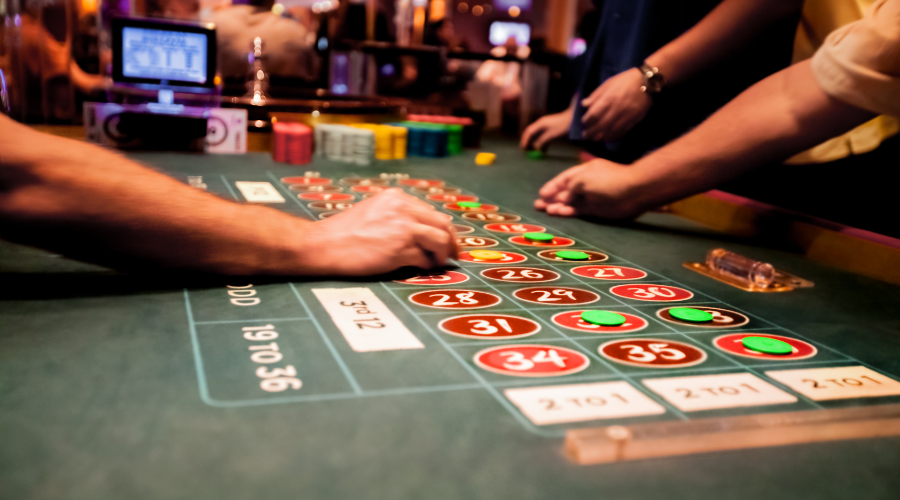
The power of peer pressure should not be underestimated. In a group setting, some gamblers might feel influenced by their friends or fellow players to quit early or continue gambling. The desire to conform to the group’s decisions can affect an individual’s choices at the betting table.
Lessons from Past Experiences
Experienced gamblers often have a wealth of knowledge from past gambling endeavors. They may have learned the hard way that quitting early is sometimes the best decision. Lessons from previous wins and losses can lead to more calculated decisions and a greater willingness to walk away when the time is right.
The Quest for Consistency
Consistency is key in many aspects of life, including gambling. Some gamblers prefer to maintain a consistent approach by quitting early rather than riding the waves of chance. They aim for steady, incremental gains, believing that this approach will be more sustainable in the long run.
Loss Aversion

The concept of loss aversion is prevalent in the world of gambling. Some individuals are so averse to losses that they choose to cash out early even when they are ahead. The emotional pain of losing can be more significant than the joy of winning, driving them to leave the game while they are still ahead.
Rational Decision-Making
Rational decision-making is not always the norm in gambling, but some individuals manage to maintain a clear head and make logical choices. These gamblers assess the odds and the situation, deciding to quit early when the mathematical probabilities are in their favor.
Boredom
Believe it or not, boredom can also be a driving factor for early exits. Some gamblers might find that the excitement of a game diminishes after a while. To combat the tedium, they decide to cash out and seek new challenges or forms of entertainment.
The Influence of Superstition
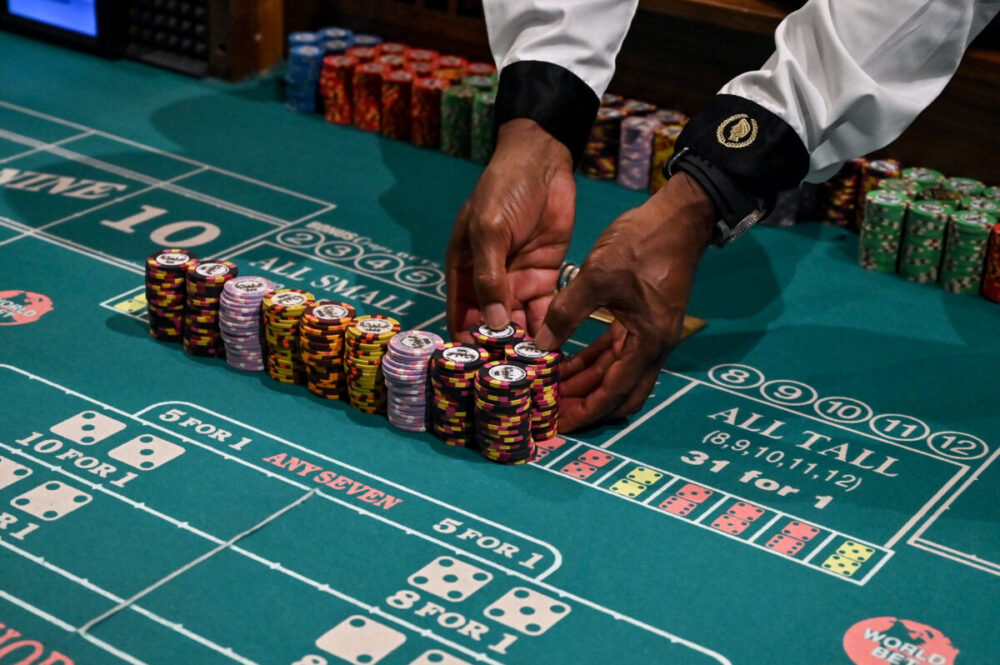
Superstitions run deep in the gambling world. Some individuals believe in lucky numbers, rituals, or charms that influence their decisions. When they feel that their lucky charm has lost its power, they choose to quit early, hoping to avoid bad luck.
Emotional Resilience
Emotional resilience is a valuable trait in the world of gambling. Some gamblers are better equipped to handle the emotional highs and lows, enabling them to stay in the game for longer. They understand that patience can often lead to bigger rewards.
The Impact of External Factors
External factors, such as the environment in which gambling takes place, can also influence a gambler’s decision to quit early. A noisy, crowded casino or distractions at home can detract from the enjoyment of the game, prompting some players to cut their gambling session short.
The Path to Self-Control
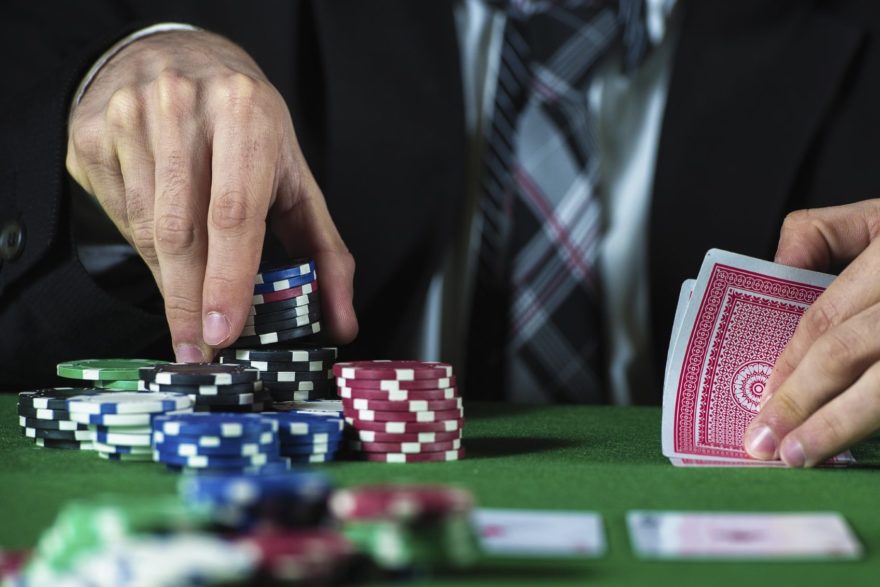
For some, quitting early is a manifestation of self-control and personal growth. They have learned that they are in charge of their decisions, not the game itself. This ability to assert control over their impulses and desires is a testament to their personal development.
In conclusion, the power of patience is a complex and emotional phenomenon in the world of gambling. The decision to quit early can be influenced by a myriad of factors, ranging from the desire for instant gratification to the need for self-control. Understanding why some gamblers choose to quit early sheds light on the intricate psychology behind this popular pastime.








